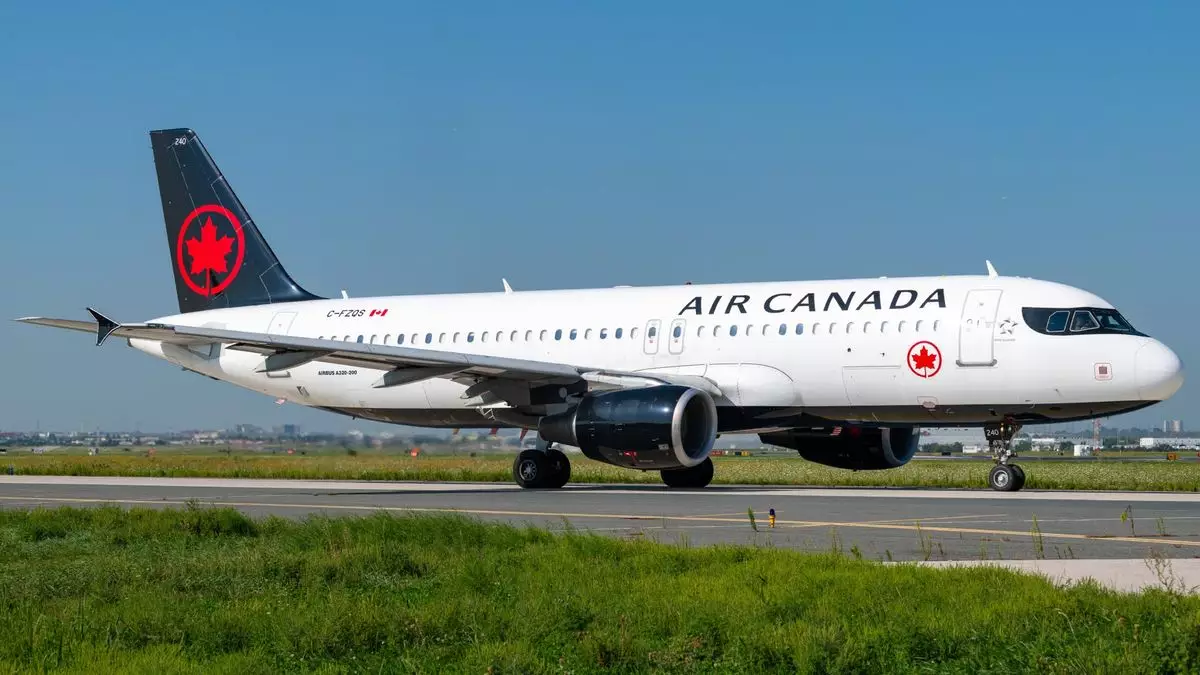The looming pilots’ strike at Air Canada, scheduled for Sept. 17, has prompted the airline to take precautionary measures. The three-week cooling-off period mandated by Canadian law is currently underway, after a strike-authorization vote by the Air Line Pilots Association (ALPA) passed with 98% approval. Negotiations for a new labor agreement have been ongoing since the expiration of the 2014 contract, and private mediation efforts lasted from January to June without success.
In response to the potential strike, Air Canada has announced the waiver of change fees and fare differences for travel itineraries around the scheduled strike date. The airline has expressed its intention to reach a negotiated settlement with its pilots and cited significant progress in the bargaining process. However, recognizing passengers’ desire for certainty, Air Canada is allowing customers with bookings between Sept. 15 and Sept. 23 to rebook their flights without incurring additional fees or fare differences until Nov. 30.
ALPA has stated its commitment to avoiding a strike and continuing negotiations in good faith. Despite this, the union has made it clear that it is prepared for any outcome, should a strike become unavoidable. Chair of the Air Canada ALPA Master Executive Council, Charlene Hudy, emphasized the importance for Air Canada management to recognize the value of its employees and avoid any potential disruptions to operations and damage to the airline’s brand.
ALPA has also voiced opposition to the recent decision of the Canada Industrial Relations Board (CIRB) to order striking freight train workers back to work and impose binding arbitration. The situation reflects the broader labor disputes within Canada’s transportation sector, raising concerns about the potential impact on the industry as a whole. As the negotiations continue between the pilots’ union and Air Canada management, the outcome of the strike remains uncertain.
The ongoing labor negotiations between Air Canada and its pilots highlight the challenges faced by the aviation industry in balancing employee demands with operational needs. The potential strike underscores the importance of effective communication, compromise, and mutual respect in resolving labor disputes and maintaining a stable working environment for all parties involved.

